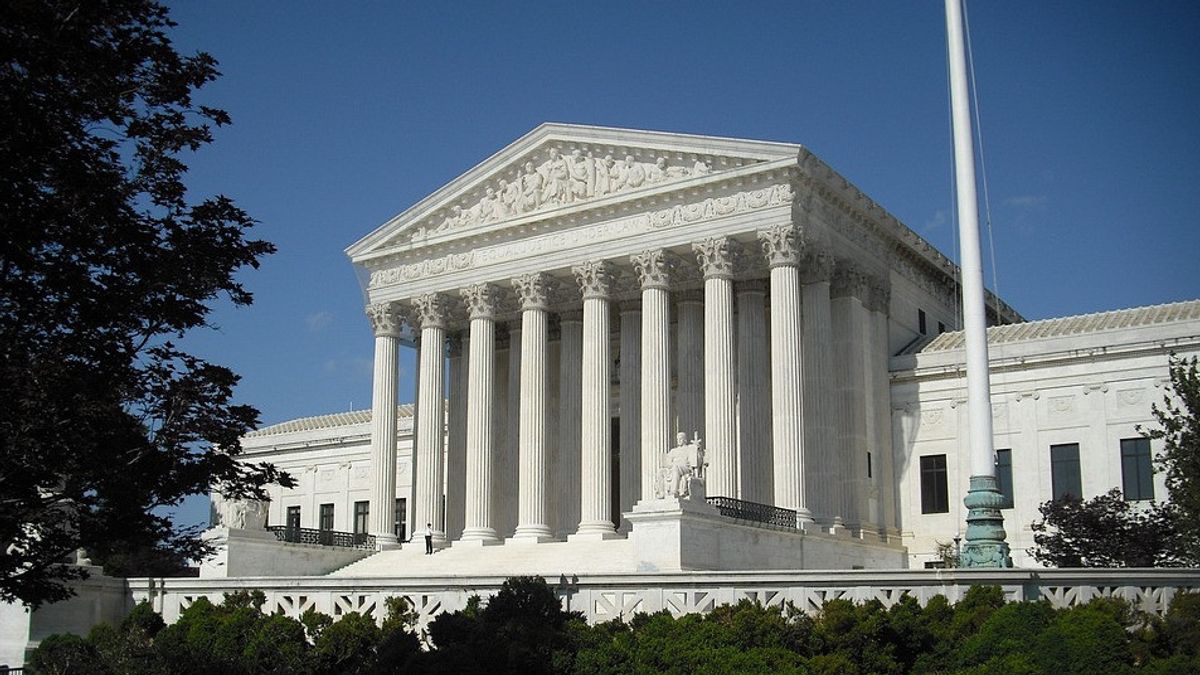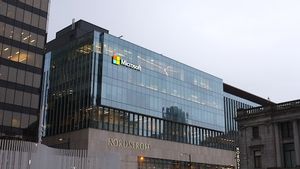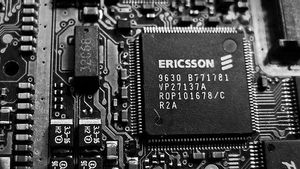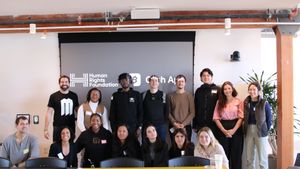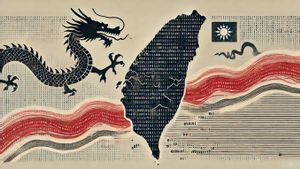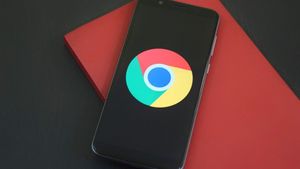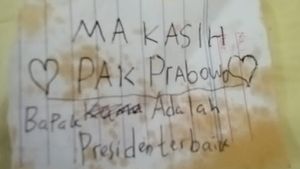JAKARTA - On Tuesday, February 21, US Supreme Court judges expressed uncertainty about whether to limit the legal shield protecting internet companies from lawsuits in a high-profile case involving YouTube and the family of an American student shot dead in an act of terrorism by Islamic militants in 2015 in Paris.
The judges heard an appeal by the family of Nohemi Gonzalez, a 23-year-old student at California State University, Long Beach who is studying in France, against a lawsuit against YouTube which is owned by Google LLC. Google and YouTube are part of Alphabet Inc.
The Supreme Court is examining the scope of a much-debated 1996 federal law called Section 230 of the Communications Decency Act, which protects internet companies from liability for content posted by their users for the first time in the case. In dismissing the suit, the San Francisco-based US Court of Appeals for the 9th Circuit relied on Section 230.
The judges expressed concern about the potential consequences of limited immunity for internet companies and difficulties in determining where to draw the line while also expressing skepticism that these businesses should be protected for this type of harmful or defamatory content.
"They're not like the nine biggest experts on the internet," Liberal Judge Elena Kagan said of members of the court, prompting laughter in the courtroom.
Kagan and his Conservative colleague Justice Brett Kavanaugh both suggested that Congress may be more suitable to adapt legal protections for internet companies if needed.
The lawsuit accuses Google of providing "material support" for terrorism and claims that YouTube, through the video-sharing platform's computer algorithm, unlawfully recommended videos by the Islamic State of Iraq and Syria (ISIS) militant group, which was responsible for the Paris attacks that killed 130 people. people, to multiple users. The recommendations helped spread the message of the Islamic State and recruit jihadists, the lawsuit said.
Kagan told the Gonzalez family attorney, Eric Schnapper, that algorithms are widely used to organize and prioritize material on the internet and asked: "Does your position lead us down a path where (Section) 230 really can't mean anything at all? "
Schnapper answered no and added, "As you say, the algorithm is very general. However, the question is, 'What did the defendant do with it?'"
VOIR éGALEMENT:
The lawsuit was brought under the US Counter-Terrorism Act, a federal law that allows Americans to seek damages for "acts of international terrorism."
Google and its backers have said a win for the plaintiffs could trigger a flood of lawsuits against the platform and disrupt the way the internet works. This case is a threat to free speech, as it could force the platform to silence anything it deems controversial.
The judges wondered whether YouTube should lose immunity if the algorithm providing recommendations was "neutral" or used to organize content based on user interests.
"I'm trying to get you to explain to us how something that's commonplace on YouTube for almost anything that interests you suddenly becomes 'help and encourage' because you're in the ISIS category," Justice Clarence Thomas told Schnapper, using the abbreviation for the group. Islam country.
Justice Samuel Alito asked Lisa Blatt, an attorney representing Google: "Would Google go under and the Internet go down if YouTube, and therefore Google, were potentially liable for hosting and refused to take down videos that were found to be defamatory and fake?"
Blatt replied, "I don't think Google will be like that. I think maybe every other website will because they're not as big as Google."
The judges had trouble deciding where to draw the line in protecting the provisions of Article 230.
Conservative Chief Justice John Roberts questioned whether Section 230 should be applied given the recommendations were provided by YouTube itself.
"Videos don't just appear out of nowhere, they appear according to an algorithm," says Roberts.
Kagan wondered about a website that feeds slanderous content to its millions of users. "Why is there protection for that?" asked Kagan.
Article 230 protects "interactive computer services" by ensuring that they cannot be considered the "author or speaker" of information provided by users.
Critics have said that Article 230 too often prevents platforms from being held accountable for real-world harm. Liberals have complained about disinformation and hate speech on social media while conservatives have said that voices from the right are being censored.
President Joe Biden's administration is pushing the Supreme Court to revive a lawsuit by the Nohemi Gonzalez family. A verdict is expected in late June.
The judges on Wednesday will hear arguments in a related case about whether Twitter Inc. can be held responsible under the Anti-Terrorism Act for aiding and encouraging "acts of international terrorism" by inadequately screening its platform for the presence of militant groups.
The English, Chinese, Japanese, Arabic, and French versions are automatically generated by the AI. So there may still be inaccuracies in translating, please always see Indonesian as our main language. (system supported by DigitalSiber.id)
